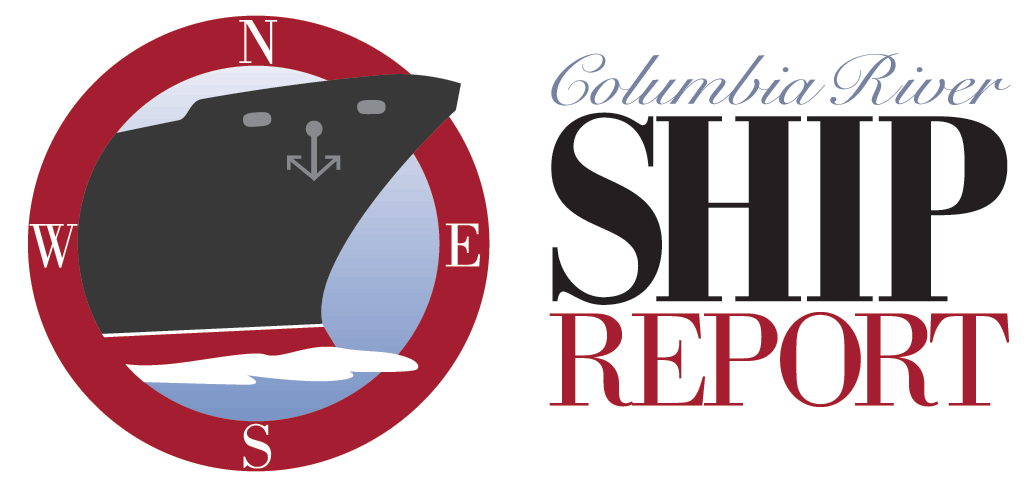
Jan 14, 2025 | Home Slider, Ship Report Podcasts
Today we’ll talk about the incredible journey of solo racing sailor Pip Hare. She was competing in the round the world Vendee Globe race in mid December, when her boat was severely damaged and lost its mast.
Instead of calling for rescue or abandoning the boat, Hare used broken parts and a small sail to create a small makeshift rig, and slowly sailed 700 miles to Melbourne, Australia.
Podcast: Play in new window
Subscribe: Email | | More

Jan 13, 2025 | Home Slider, Ship Report Podcasts
A look at today’s complement of ships, including one that may eventually be carrying a mineral substance used for, among other things, kitty litter.
Podcast: Play in new window
Subscribe: Email | | More

Jan 10, 2025 | Home Slider, Ship Report Podcasts
Today, I thought we could do an overview of anchorages on the river. We see ships in anchorages up and down the river corridor. Why do ships stop there? What happens on board ships in the anchorage? Can ships just anchor anywhere? Why do some this anchor and others don’t?
We’ll talk about all this and more in today’s show.
Podcast: Play in new window
Subscribe: Email | | More

Jan 9, 2025 | Home Slider, Ship Report Podcasts
An unusual vessel arrives in the river today: The USNS Washington Chambers. She’s a cargo ship that is a member of the Navy’s Military Sealift Command fleet, and she’s headed for the shipyard at Swan Island. She’s been involved in some unique military exercises at sea recently – we’ll talk about that too.
And a correction to Tuesday’s podcast about the disabled ship that was towed to Rainier after losing power downriver from the Astoria Megler Bridge: that incident happened on Christmas Eve, and the ship was towed upriver on Christmas Day. Apologies for the error; I’ve corrected the podcast.
Podcast: Play in new window
Subscribe: Email | | More

Jan 8, 2025 | Home Slider, Ship Report Podcasts
Today we’ll talk about a happy fact: the days are getting longer! Since we passed the winter solstice in December, we’ve been adding a little daylight daily in small increments. Soon it will add up to wonderfully longer days, and eventually summer once again.
Podcast: Play in new window
Subscribe: Email | | More

Jan 7, 2025 | Home Slider, Ship Report Podcasts
On Christmas Day, some lower Columbia land dwellers saw a ship and two tugs slowly making its way upriver to Rainier, where it remains anchored. The ship experienced engine failure on its way downriver, and had to turn around and retrace its path.
The complex backstory around this incident, which might have seemed to a bystander like a relatively simple maneuver, shows the incredible expertise at play in our local maritime industry, which saw numerous professionals working during the Christmas holiday, meeting difficult challenges.
Podcast: Play in new window
Subscribe: Email | | More






